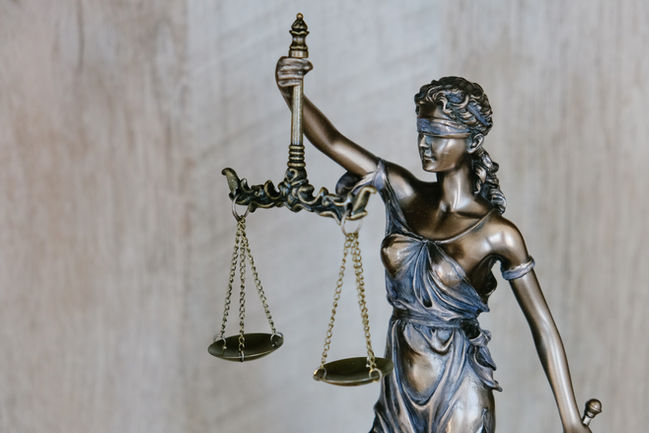Meng
Should Lawyers Work Hard to Defend A Client They Think Is Guilty?
Imagine being a criminal defense lawyer, and your client just got arrested for a suspected crime. Let’s say he or she tells you all the facts and details about the case and he or she does not try to beat around the bush. In this context, the lawyer, who works hard to defend a client they think is guilty, is merely fulfilling their professional obligation and acting as a responsible part of the whole judicial system. If someone thinks it is improper of the lawyer to do so, he or she might have a subconscious misunderstanding of what a criminal defense lawyer does. The attorneys have to do their best to help the offenders that they think are guilty, just like the doctors need to save people no matter the patient can still be alive or not. In order to fulfill lawyers’ ethical obligation, conform to the principle of presumption of innocence, and maximize judicial effectiveness, the lawyers should absolutely defend the client they think is guilty.
One of the primary reasons is that the role of a criminal defense attorney is to fulfill their moral and professional obligation to make sure that the suspected person’s rights were not violated. A lawyer has an oath of moral obligation to keenly represent a client, and hence a lawyer should protect him or her from illegal encroachment with this pledge. Furthermore, a suspected person is entitled to both due process of the law and legal counsel; in addition, the moral responsibility and those human rights would not vanish even if a lawyer thinks that the client is guilty. Moreover, neither defending the person’s conduct nor preventing the client from punishment for wrongs is a defense lawyer’s job. On the contrary, it is the defense attorney’s job to ensure that each person exerts the full extent of their legal rights and to put the plaintiff’s side to its burden of adducing evidence. Therefore, the defense attorneys should do their best to ensure the whole defending process is without any illegal encroachment and prevent violating offenders’ rights.
Additionally, under the principle of presumption of innocence, a suspect remains innocent until finishing the process of fact-finding. Not until the end of the trial process would a judge be authorized the right to inspect and find if the case holds a sufficient amount of evidence to draw the conviction. As a result, a lawyer would not know if his client is guilty or not unless and until the judge makes that determination. To put it simply, deciding a suspect or a criminal is guilty or not is not part of a lawyer’s job. Hence, we could state that nobody could make the assertion that someone is guilty or not until the end of the trial process.
However, some may argue that lawyers should pursue justice rather than wealth and social status by defending the client that the viewers think is guilty. Nevertheless, it would be a great chance for people to rethink the term “justice.” The “justice” people advocate is merely their opinions on a certain issue that reflects their values, and it is not necessarily the standard of truth. Moreover, an attorney’s job is to avert his or her client from illegal encroachment and acquire fairness. According to Batts (2020), if all of the judicial officers do their jobs with responsibility, the attorney could be a zealous advocate for the client and still see fairness and justice done. Furthermore, only when all the judicial officers work cooperatively would judicial effectiveness and social welfare be able to maximize. Hence, to maximize the effect, lawyers should arguably work hard to defend a client they think is guilty.
To sum up, the three reasons why lawyers should defend the client they think is guilty are given: fulfilling lawyers’ ethics and professional obligation, obeying the principle of presumption of innocence, and maximizing judicial effectiveness and social welfare. Moreover, for building a well-functioning society, it is vital for us to start to reflect critically, build more comprehensive knowledge about the roles of different judicial positions, and respect every judicial officer’s profession. In this way, we could not only achieve the goal of maximizing judicial effectiveness and social welfare but also create a much more efficient and better society for human beings and future generations.
References:
Batts, J. (2020). Rethinking Attorney-Client Privilege. Georgetown Journal of Legal Ethics. 33(1), 1-54.


